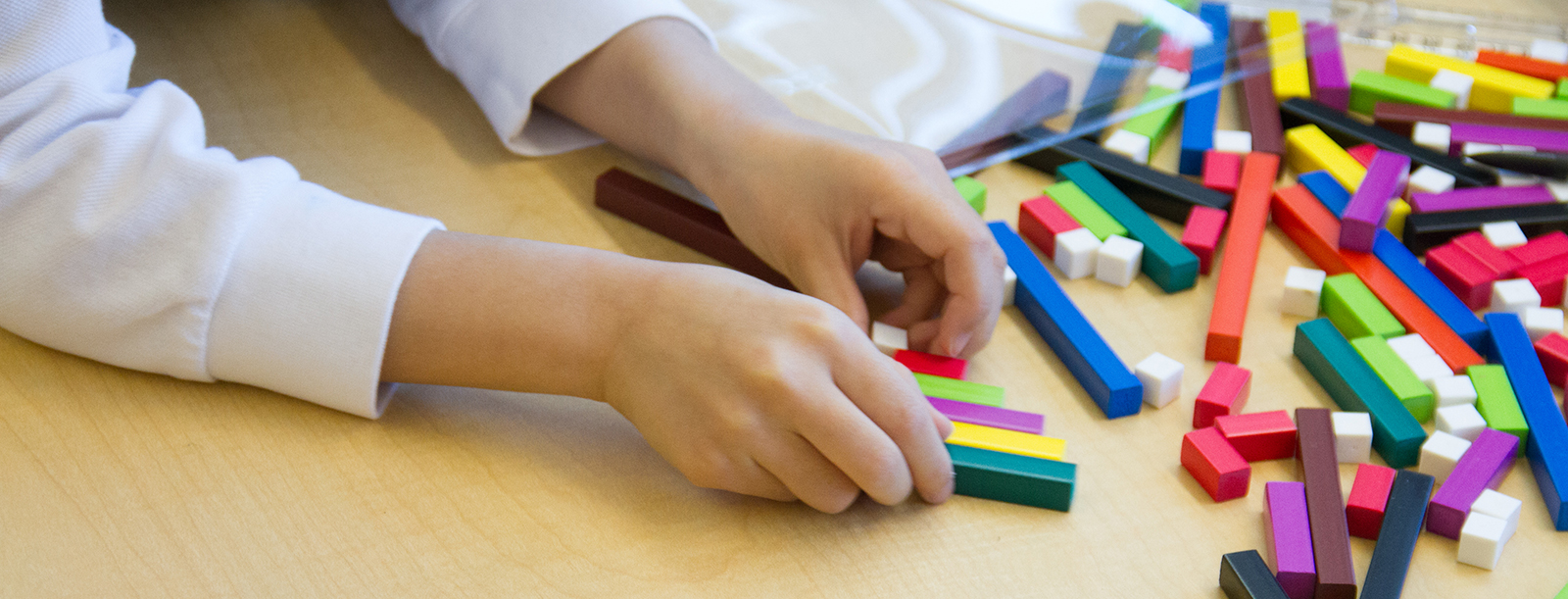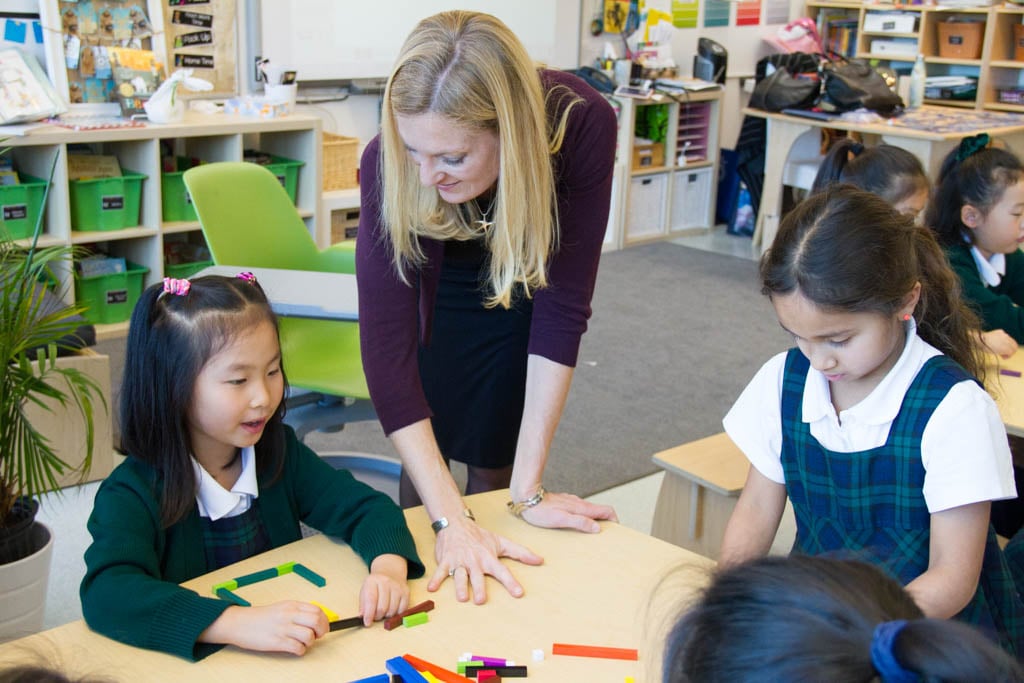Carole Fullerton, an education consultant who works with teachers in the area of numeracy, continues to visit our Little School and Junior School teachers every month to provide ongoing support and resources for a variety of math instructional directions. As part of her support, she goes into one or two classes, demonstrating for the teachers the particular math concept they are working through that day. One thing she has recently introduced is proportional reasoning using cuisenaire rods, which are learning aids that provide an active, hands-on way to explore mathematics and learn mathematical concepts. Other topics she’s been discussing with teachers are: using integers for solving equations, number patterns and equations, distinguishing between a variable and an unknown, and place value for the younger grades.
The “Slice of Pi Math Club” is just wrapping up with Ms. Comeau working with Grade 5s and 6s who has been doing some amazing (and yummy) things with them. Most recently, they made strawberry shortcake and the girls were challenged to use a limited number of measuring tools and a conversion chart to measure the entire recipe. They needed to use their proportional reasoning, mental math skills, and knowledge of fractions. This Club has provided us with a tremendous opportunity to introduce math reasoning in a fun and engaging way. Be sure to sign up your daughter for next year’s “Slice of Pi Club”!
There is also an Elementary Grades Math Contest (ELMACON) at UBC on April 28, 2018. This contest is open to students in Grades 5 to 7 and gives them an opportunity to experience mathematics as an exciting sport! It determines the winners right on the spot and students have found it instructive, inspiring, and entertaining. The last three years ALL the winners have been boys! We really want to encourage our girls to get involved. Check out their website for more information, and be sure to contact me if you have any questions. Registration closes on April 9, 2018!
Grades 4, 5, and 6 have been continuing to work with Google CS First and Scratch on a number of different projects. I would encourage you to ask your daughter to show them to you. There are many exciting Coding Workshops for kids happening in and around Vancouver over the next couple of months. More information can be found here on the Canada Learning Code website.
If you have any questions about Math or Technology at the Little School or Junior School, be sure to contact me at your convenience.
Charmalee Kirk
Interim Assistant Director of Junior School








